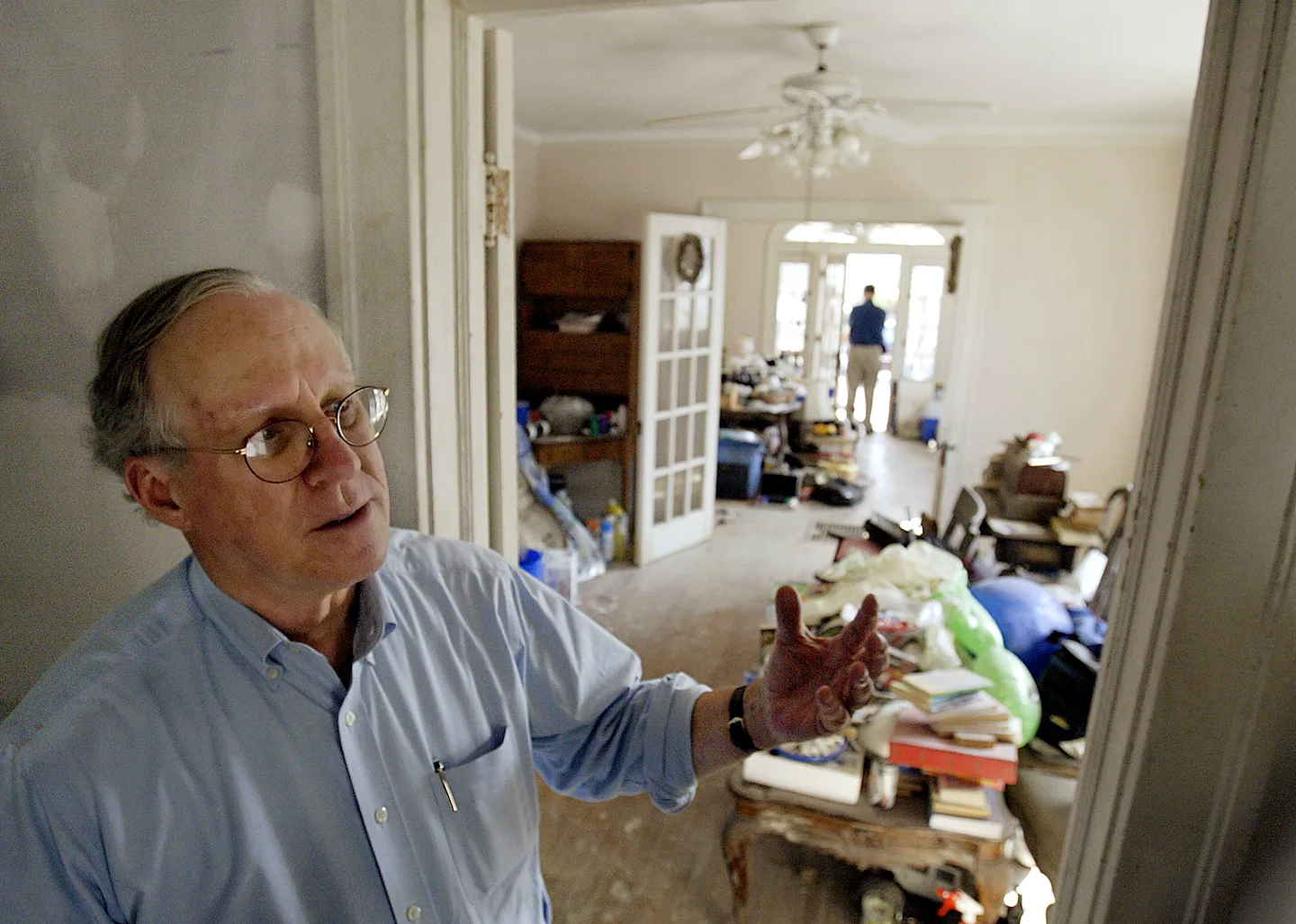
Before he was in the business of preserving American history, he had a role in shaping it: In 1976, he persuaded a skeptical Mondale to jump at the chance to become Jimmy Carter’s running mate.
According to Mr. Moe, Mondale harbored presidential ambitions and considered the vice presidency to be a poor consolation prize, with less power than his job in the Senate.
Mr. Moe was a fellow Minnesotan who ran Mondale’s Senate office; the two shared a Norwegian heritage, a dry sense of humor, and a grounding in the state’s populist liberal politics. Mr. Moe persuaded his boss to meet with Hubert Humphrey, the former senator from Minnesota who served as vice president under Lyndon B. Johnson.
Over coffee in the Senate dining room, as Mondale recalled in a memoir, Humphrey told him, to his surprise, “Fritz, you must do this.” A vice president, he said, got more done in two days than a senator could in two years.
“Mondale was transfixed by this man he admired so much,” Mr. Moe wrote in 2006 in Minnesota History, a state magazine. “His eyes wide open and his attention rapt, he heard the words he was not particularly eager — or expecting — to hear.”
After the Carter-Mondale ticket won the 1976 election, Mondale named Mr. Moe his chief of staff and had him draft an 11-page memo to the president-elect laying out a much broader role for a vice president than usual.
Breaking with precedent, Carter gave Mondale an office in the West Wing and appointed Mr. Moe to serve simultaneously on his own senior staff.
As a novice political operative in Minnesota, Mr. Moe had been told by the lieutenant governor he worked for, Sandy Keith: “Young man, you had better get yourself into law school. Someday you may lose a campaign, and then what are you going to do?”
It was “the best advice I ever had,” Mr. Moe recalled in an interview on C-SPAN in 2006. After the Carter-Mondale ticket lost its reelection bid in 1980, he spent the next decade, as he put it, “semi-involuntarily” practicing law in Washington.
He helped line up critical support for Mondale as the 1984 Democratic presidential nominee, but he was passed over for a senior role in the campaign, which was run by another Mondale aide, James A. Johnson, with whom Mr. Moe had a strained relationship.
After Mondale’s rout by President Reagan in November, The New York Times reported, “Many party leaders and political professionals said Mr. Mondale’s failure to make use of Mr. Moe’s political abilities was as baffling as it was troubling.”
Mr. Moe was hurt by the slight, according to journalist Al Hunt, who played a weekly tennis game with Mr. Moe for years.
By the end of the 1980s, Mr. Moe was working on a book about a Minnesota regiment at Gettysburg, “The Last Full Measure,” which would be published in 1993. Based on his activism in preserving Civil War battlefields, he was offered the presidency of the National Trust, a job that combined his interests in law, politics, and history.
Congress had created the trust in 1949 as a private entity to buy and maintain properties of historic value. Early after taking the job, Mr. Moe led it away from dependence on federal funding. In 1995, taxpayers contributed $7 million to the group’s $30 million budget. By 1998, it was taking no taxpayer money at all.
During his tenure, which began in 1993, the endowment increased to $232 million from $33 million.
In 1993, the trust took on the Walt Disney Co., which sought to build a giant theme park with golf courses and 1,000 hotel rooms within a few miles of Manassas National Battlefield Park in Virginia. Moe enlisted historians David McCullough and Arthur M. Schlesinger Jr. in the cause. Amid mounting pressure from other nonprofits and grass-roots groups as well, Disney withdrew its plans.
“Dick saw that the real need was to save neighborhoods and communities, to save whole towns,” McCullough told The Washington Post in 2009, “and he transformed the preservation cause in America as much as any one person possibly could.”
Under Mr. Moe, the trust also bought, in a nail-biting auction at Sotheby’s, the threatened glass-and-steel Edith Farnsworth House in Plano, Ill., one of the few houses in the United States designed by Mies van der Rohe. After Hurricane Katrina devastated New Orleans in 2005, the trust helped rebuild African American neighborhoods — where some of the worst destruction happened — to save them from demolition.
Mr. Moe’s interpretation of the concept of historic preservation went beyond saving buildings to protecting the quality of life of communities and entire regions. In 1993, the trust added to its well-read annual list of America’s most endangered sites the entire state of Vermont.
Big-box stores such as Walmart, the trust wrote, were a threat to Vermont’s rural economy and close-knit villages. After the listing, one community rejected a proposed Walmart, and others steered the stores to smaller buildings in downtown areas.
Richard Palmer Moe was born Nov. 27, 1936, in Duluth, Minnesota, one of four children of Russell Moe, an obstetrician, and Virginia (Palmer) Moe, a photographer.
He received a bachelor of arts in 1959 from Williams College, where historian James MacGregor Burns’s course on American politics awakened his interest in campaigns and candidates. Mr. Moe volunteered as a driver for Humphrey’s 1960 Senate race (he was so nervous, he drove them both into a gate), worked in the lieutenant governor’s office as an administrative assistant, and earned a law degree in 1966 from the University of Minnesota.
In 1969, he was elected chair of the state’s Democratic-Farmer-Labor Party at 33. During his three-year tenure, the party, formed in 1944, won majorities in the state Legislature for the first time in 1970 and again in 1972. Mondale recruited Mr. Moe in 1972 to join his staff in Washington.
Besides his daughter, Alexandra, he leaves his wife, Julia Neimeyer, whom he married in 1964; a son, Andrew; a sister, Elizabeth Andes; and two granddaughters.



